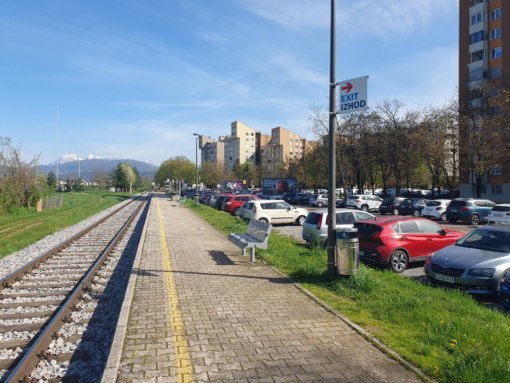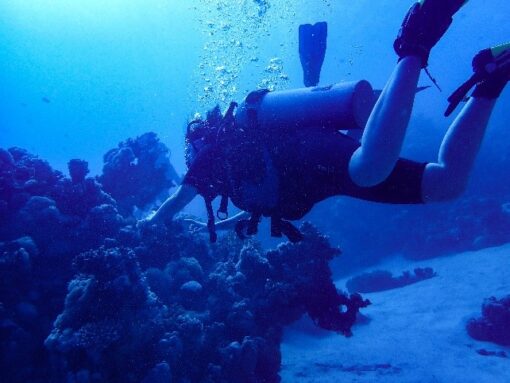In recent years, the Up-Goer Five challenge has become part of several scientific
conferences, including the AGU Fall Meeting. This year, it will make its debut at the EGU
General Assembly. In the session, speakers are asked to present their research in short
(5-minute) talks using only the thousand most common words in English. The challenge was
inspired by an XKCD comic describing the Saturn V Rocket with the same limited vocabulary
(where the word „Up-Goer“ was used because „Rocket“ was not permitted).
The aim of the session is to motivate participants to simplify the way they describe their
research to a very basic level (a thousand words is a surprisingly modest vocabulary). In doing
so, they will think about their research in new ways and strengthen their communication skills.
And they (as well as the audience) will have a lot of fun!
For example, previous Up-Goer Five sessions at the AGU Fall Meeting featured presentations
on „Green and Red Lights Dancing in the Cold Night Sky“, „Colors of Sun Flashes: How Hot Are They?“, „A Friend to Help Show Little Air Rocks in Big Water“, or „Looking at the Sun’s Wind Where It’s Young and Weird“.
The Up-Goer Five session at the EGU General Assembly is part of the Education and Outreach
Programme Group, which means that authors can submit a second regular abstract to another
session. If you are up for the challenge and wish to participate in the session this year, please
submit an abstract via the EGU website by 10 January, 13:00 CET. You can use the
Up-Goer Five text editor for writing, which will highlight every non-permitted word in red (like in this article).
Participants from all career stages are invited, from student to postdoc to professor. In
simplifying the complex, we not only redefine our understanding but also pave the way for a
more engaging and accessible scientific discourse. Let your work be bright in the world of easy
things!



